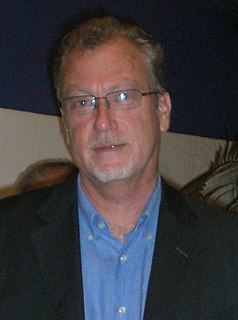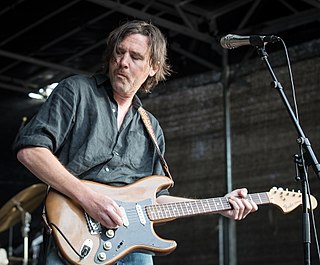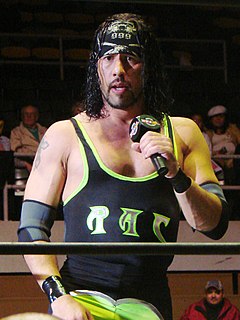A Quote by Ruben Blades
I really think that music itself, being one of the greatest possible vehicles for mass communication, should be probed to its extremes, to see how effective it can actually become, which is one of the reasons why I became also interested in presenting political points of view.
Related Quotes
I think that feeling of reward comes from being able to find sometimes an unexpected reflection or insight that seems to transcend the description itself, where you actually realize you're concluding something that is a point of view, that may come across and actually touch people's conscience or minds in a way that could change, at least if not things, change points of view.
The automobile, practical since 1906, was proceeding to disintegrate and stamp anew the pattern of communication, manners, and city life in the United States, by 1918; before long, men would begin to see that the automobile, and the mass production techniques which made its possible, could alter the national character and morality more thoroughly than could the most absolute of tyrants. As a mechanical Jacobin, it rivaled the dynamo. The productive process which made these vehicles cheap was still more subversive of the old ways than was the gasoline engine itself.
I think I'm fascinated with history and - just in general. And I'm always interested in how did - how did this come to be? Why is this the way it is? And even singing classical voice, I quickly became more and more interested with early music, baroque voice. And that became an obsession to me - just figuring out how - who are the ancestors of whatever it is.
The Internet was supposed to be the greatest tool of global communications and means of sharing knowledge in human history. And it is. But it has also become the most effective instrument of mass surveillance and potentially one of the greatest instruments of totalitarianism in the history of the world.
She looked at the crowd and she felt simultaneously astonishment that they should stare at her when this event was so personally her own that no communication about it was possible and a sense of fitness that they should be here that they should want to see it. Because the sight of an achievement was the greatest gift a human being could offer to others.
I don't think music is my job - I don't think about it that way, because I don't really get paid. There's not paycheck at the end; it's more of a "whatever is left over" kind of situation. Also, it keeps me from thinking about my creativity as a business, which it is not. It should remain pure; that's one of the reasons I made music in the first place.
There should be a name for this, for the process whereby one knows one is being yanked and concedes it has been done successfully - that one is grateful to have been spun. In the theater, it is called the willing suspension of disbelief. That's what allows the play to make an impact on the audience: they have to be able to make believe that what's happening on the stage is really happening. Maybe to a degree it is a requirement for all political participation, all effective political communication, too.
...if the fear of falling into error is the source of a mistrust in Science, which in the absence of any such misgivings gets on with the work itself and actually does know, it is difficult to see why, conversely, a mistrust should not be placed in this mistrust, and why we should not be concerned that this fear of erring is itself the very error.
People should absolutely have a point of view about the political process themselves individually, but we're also at a point in the evolution of capitalism where any one individual's impacts are over estimated because there is enough regulation and guard rails. They may be odious and grotesque in what they say, but the practical day-to-day impacts from a policy perspective tend to be limited because the system made it so. That's why you see a lot of political apathy because people have internalized the inability for anyone either really really good or really really bad to do anything.
My point of view actually on artificial intelligence, which ties into the nature for humans constantly looking into the reasons for why we exist and why consciousness exists changed during the making of Chappie. And I'm not actually completely sure that humans are going to be capable of giving birth to A.I. in the way that films fictionalize it.
There are some really amazing artists and people behind the scenes who are really effective in championing feminism in the music industry, and I think that's really important for people in the industry and for young girls and guys to see. It should become universal. It's really about the other people understanding that everybody's equal and that women are equally as valid creatives, businesswomen, powerhouses...whatever you want to call them.



































